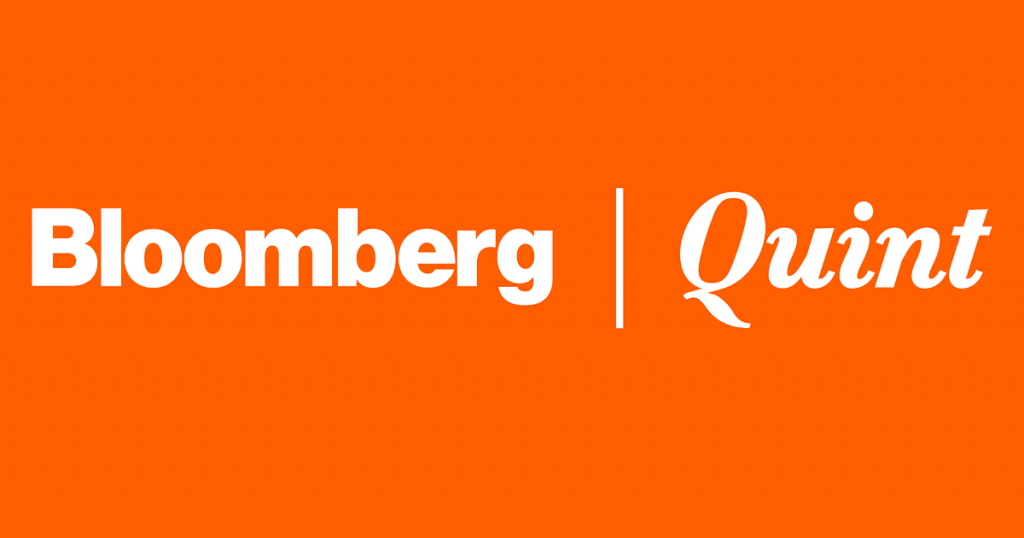(Bloomberg) —
When Boris Johnson unveiled his 10-point green recovery plan in November, U.K. newspapers were surprisingly acquiescent.
The British press has a reputation for being more politically partisan than in many other Western countries. Tabloids like The Sun and The Daily Express tend to be firmly on the right of the political divide. They’ve also been vehemently skeptical of climate change. But now there’s growing public concern about global warming, even among their readership.
That moment in November was a turning point. Some right-leaning newspapers criticized the prime minister’s plan to ban the sale of new fossil fueled cars, but none questioned the science behind it. “This is a volte-face of enormous proportions,” said James Painter, who researches the media’s representation of climate change at the University of Oxford’s Reuters Institute for the Study of Journalism. “Five years ago you would have had the right-leaning press absolutely slamming the prime minister’s announcement.”
After all, these are papers that claimed credit for Brexit after running sustained and aggressive campaigns in favor of leaving the European Union. They’ve been averse to progressive policies like stronger climate action, preferring instead to champion free markets and whip up nostalgia for the Britain of the 1940s and 1950s. The Daily Express has been one of the most explicitly skeptical of climate science, famously running a story headlined “100 reasons why global warming is natural.” The Sun featured columns by Breitbart News writer James Delingpole blaming the European Union for causing climate change.
Now The Daily Express is campaigning for tax breaks on solar panels while The Sun offers tips to help readers shrink their carbon footprints. Delingpole has been dropped.
The papers say the change was prompted by a realization that their readers are growing more worried about global warming. The latest surveys by market-research firm YouGov show people in the U.K. are now more concerned about the environment than they are about crime or immigration. One poll in October found 56% of those who voted in favor of Brexit wanted the U.K. lead the world on tackling climate change. Awareness of the issue has grown as the government prepares to host global climate talks in Glasgow, Scotland.
The publications’ backing of Johnson’s green campaign has the potential to boost support for stronger policies, as it’s done in the past with Brexit and during elections. It’s difficult for the media to change peoples’ minds about a topic, but it can reinforce existing views through repetition, said Painter. In the case of climate change, the tabloids are a good barometer of how public opinion in the U.K. has shifted, and a sign it will probably continue to move in that direction.
It helps that Johnson is the leader of the right-wing Conservative Party, which tabloids like The Daily Express and The Sun have traditionally supported. They cheered him as one of the driving forces behind Brexit, and their support of his climate policies are in some ways a natural extension of that.
It’s also part of a changing business strategy, said Painter. Declining print readership for The Daily Express means editors need to appeal more to online readers, who tend to be younger and more in touch with green issues. (The Sun no longer publishes its circulation figures.) Growing competition from new digital media outlets like Vice and Huffington Post, which offer readers a substantial menu of environment stories, has also put pressure on legacy papers to keep up.
The Daily Express —one of the most passionate advocates of the U.K. quitting the EU—is now campaigning for a “green Brexit.” In October, The Sun utilized one of its most well-known, and controversial, spreads to get readers to pay attention. It featured a photo of reality TV star Danielle Sellers covered only in green body paint as its “Page 3 model,” next to text arguing that tackling climate change “doesn’t require the overthrow of capitalism, whatever the Extinction Rebellion rabble might say.”
While their messaging on climate change may have shifted, other core values have remained. Both papers focus on how individuals can make a difference and take a somewhat nationalistic approach to cutting pollution. That’s different to how left-leaning broadsheets such as The Guardian or Independent cover the topic, with a bigger focus on international cooperation and the role of global markets.
The change in tone has irked some environmentalists, who accused the papers of hypocrisy after years of railing against climate policies. Dale Vince, who founded clean energy supplier Ecotricity and helped The Daily Express develop its green campaign, argues that it’s better late than never.
“I don’t think it matters what party, what newspapers, what companies get on board with this agenda,” he said. “We should welcome every single one of them. In fact the longer they’ve been deniers, the bigger the result when they come round and join the green club.”
